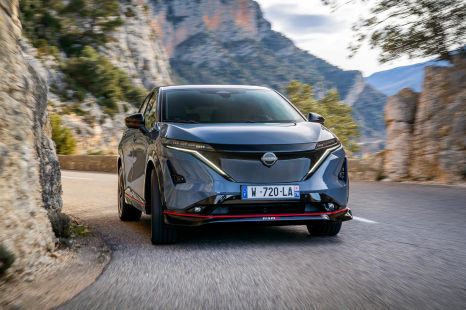

Shane O'Donoghue
2025 Nissan Ariya Nismo review: Quick drive
6 Days Ago
Artificial intelligence is becoming increasingly important in the automotive industry, to the extent that one Chinese startup has put it in its name.

Contributor
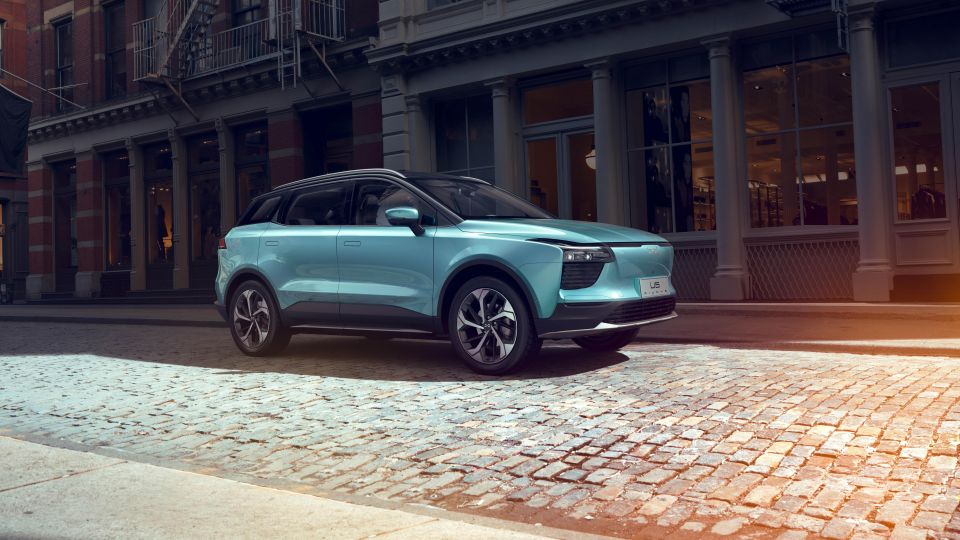

Contributor
With cars becoming increasingly computerised, and artificial intelligence (AI) being an important concept in the computing space, it’s no stretch to see the AI will also become increasingly crucial in the automotive industry.
It could be used for everything from advanced driver assistance systems and autonomous driving systems to convenience features like automatic climate control.
Many of the Chinese startups described in this series have put an emphasis on the latest technology, and Aiways, at least in intention, takes this one step further by directly referencing AI in its name.
Conveniently, the company also claims that the word ‘AI’ in Mandarin translates to ‘love’, such that the company’s name almost literally means ‘love is on the way.’
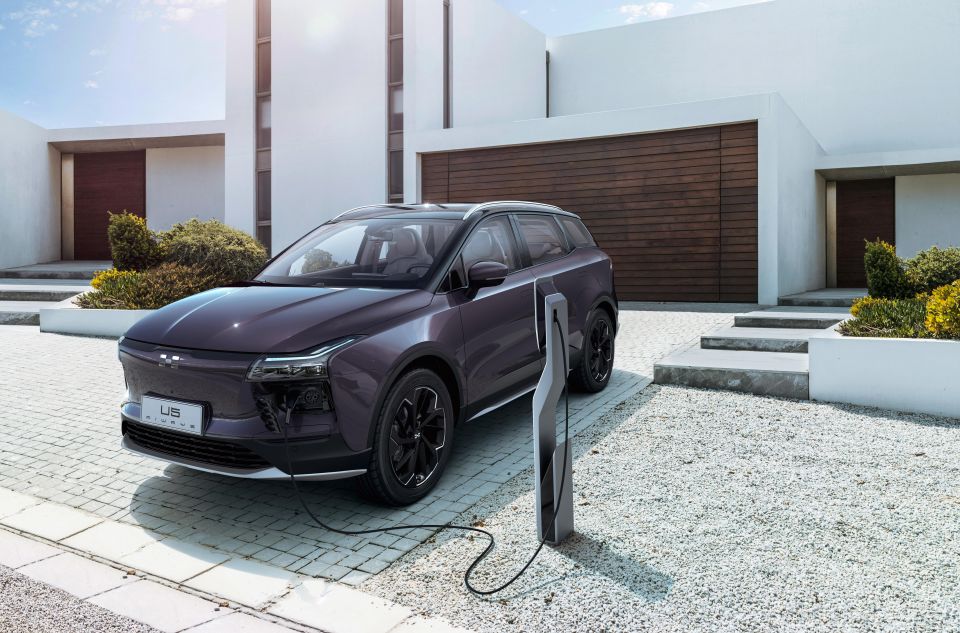
The automotive industry is extremely capital intensive. It takes hundreds of millions, if not billions, of dollars in funding to undertake the research and development and construct the factories necessary to build a mass-produced car from the ground up.
Perhaps one of the best ways to do this is with the support of an investment fund that might have such monetary resources at its disposal.
With the Chinese government beginning to provide significant incentives for consumers to purchase New Energy Vehicles (NEV, the Chinese Government’s catch-all term for plug-in hybrid and battery electric vehicles), Feng Changge decided to create an investment fund to invest in the NEV sector, known as Harmony Futeng.
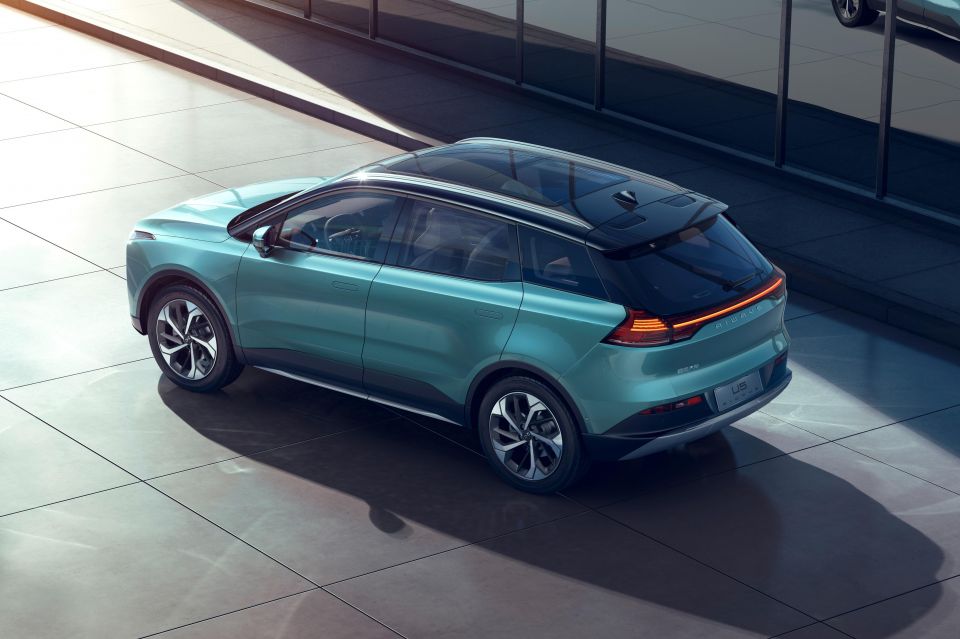
Backed by large companies including Taiwanese firm Foxconn (manufacturer of the iPhone) and Tencent (developer of the popular WeChat app), the fund eventually decided to start its own EV company by the end of 2015.
Known initially as Zhejiang Aichi Internet Intelligent Electric Vehicle, the fledgling company was able to hire two industry veterans in former SAIC Motor CFO Gu Feng and Fu Qiang, who previously had stints at various brands including FAW-Volkswagen and Mercedes China before being the sales chief at Volvo in China.
The company developed further during 2016 and 2017, going through numerous financing rounds while also establishing a joint-venture with a regional Chinese government to build a factory, and simultaneously undertaking R&D and engineering work of its first vehicle.
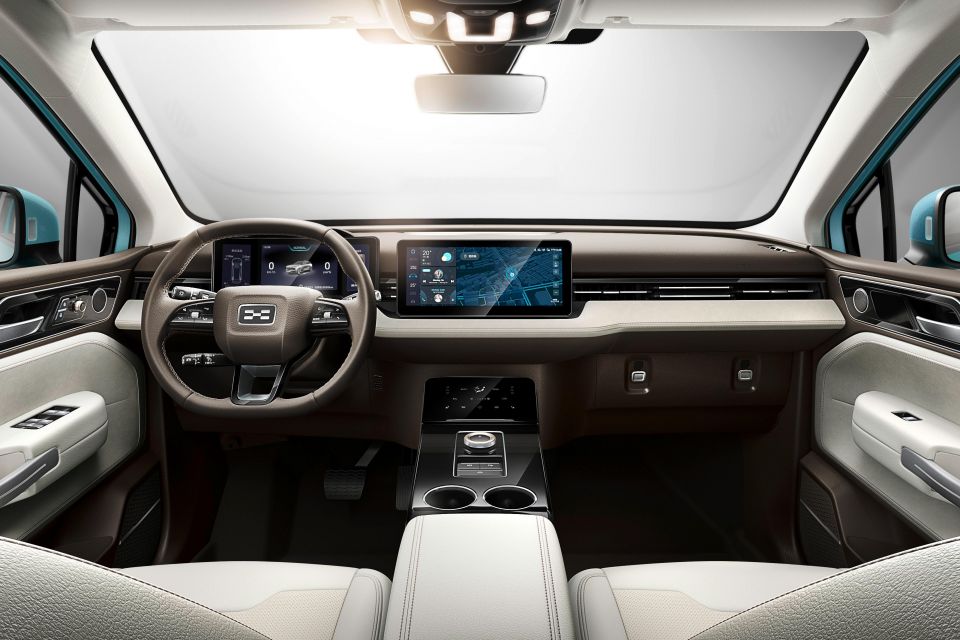
The results were revealed at the Beijing Auto Show in April 2018, with Zhejiang Aichi rebranding to Aiways and taking the wraps off the near-production ready U5 Ion SUV.
Today, despite persistent rumours of an upcoming IPO on the Shanghai STAR exchange and potentially in the US, Aiways remains a privately-owned company.
The company delivered a total of around 3000 models across both the European and Chinese markets in 2021, marking it as a notable if much smaller competitor to the likes of Nio, Xpeng, HiPhi, Li Auto and other recent Chinese automotive startups.
The firm currently manufactures cars in Jiangxi and has a separate, dedicated battery pack factory in Changshu, with company headquarters in Shanghai. Additionally, the firm has offices in Germany for its European R&D and sales operations.
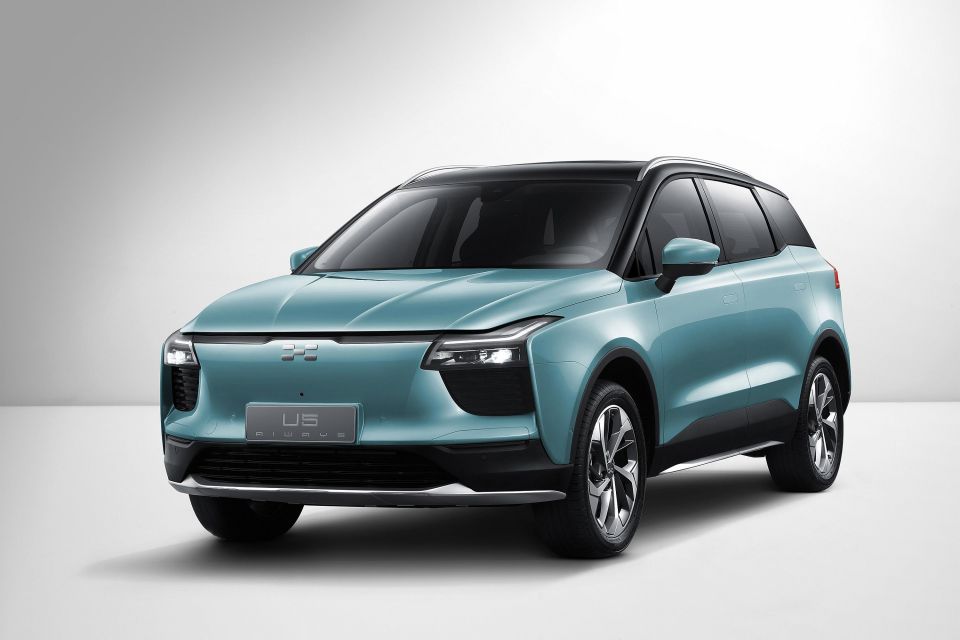
Vertical integration means the carmaker itself is directly responsible for developing and engineering more aspects of a car, rather than outsourcing the engineering of certain aspects such as the battery pack or ADAS systems.
Aiways is more vertically integrated than most, with the company claiming to have gone out of its way to design everything from its own traction motors, driver assistance systems and even battery packs rather than source off-the-shelf components.
The result of this has been the mainstay in the company’s lineup, the U5 SUV, which is a mid-sized SUV comparable in size to models such as the BMW X3 and Mercedes-Benz GLC (and perhaps more directly, the Tesla Model Y).
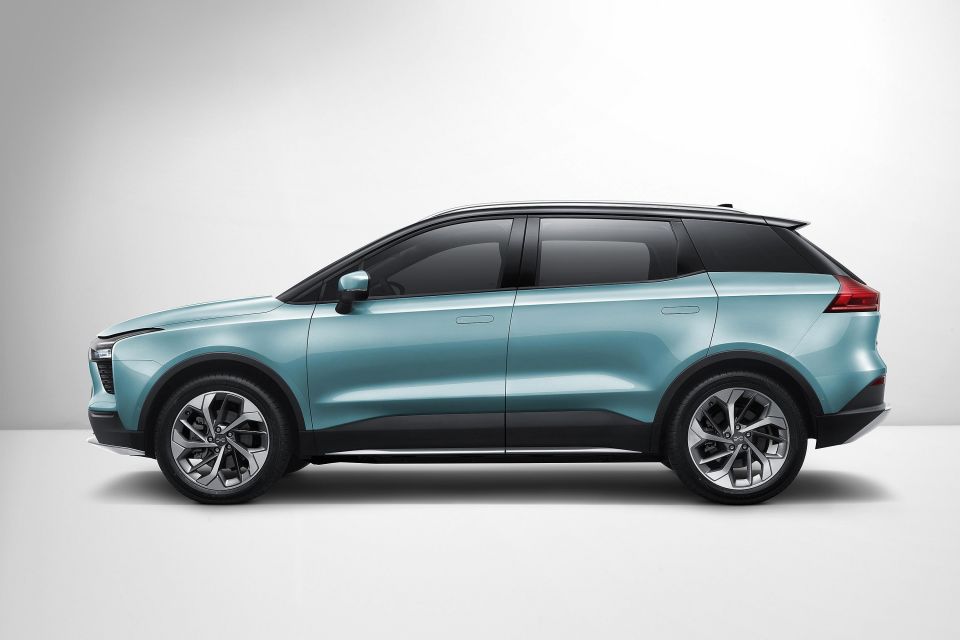
In European specification, the U5 pairs a front-mounted motor with 150kW of power and 310Nm of torque with a 63 kWh battery pack, enabling a WLTP range of around 400km and a 0-100 km/h time of around 7.5 seconds.
The U5 additionally offers DC fast charging at up to 90kW, arguably some way behind the latest EVs from more established manufacturers such as Hyundai that can charge at peak rates of up to 350kW.
Perhaps most innovative about the U5 are its driver assistance systems. The U5 is fitted with five HD cameras around the exterior of the car, as well as twelve ultrasonic sensors, three millimetre-wave radars and two interior cameras.
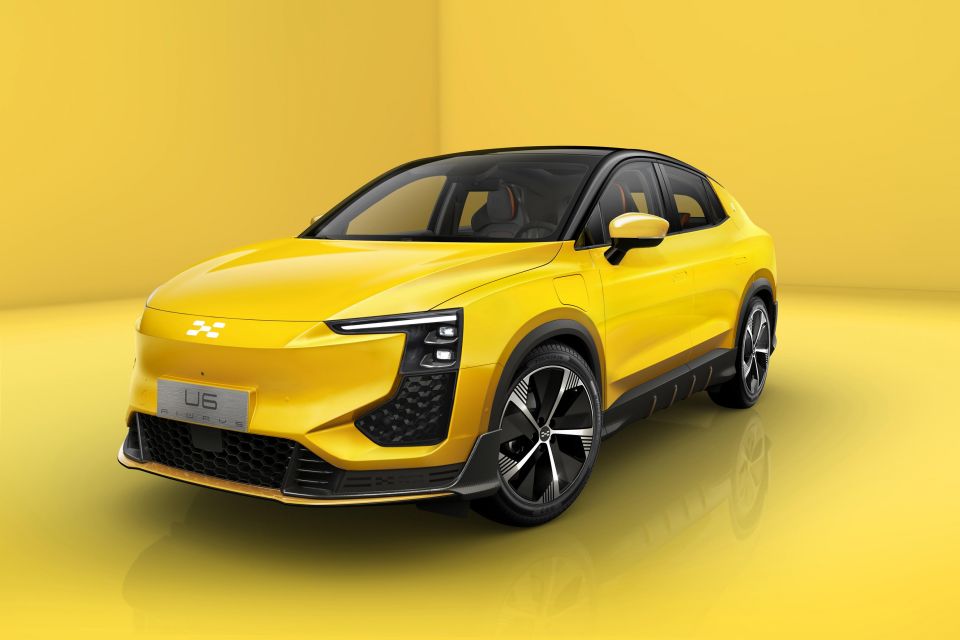
These facilitate driver assist systems like adaptive cruise control and autonomous emergency braking, while also preparing the car for autonomous driving above the current Level 2 benchmark.
Prices for the U5 start at € 37,990 in Germany (before incentives), the equivalent of approximately $57,000.
More recently, the brand has revealed its next model in concept form, the U6 Ion. A sportier, more rakish ‘coupé SUV design, the U6 Ion moves the game forward from the U5, sporting a yoke-style steering wheel, a Tesla-aping 14.6 inch central infotainment display, advanced driver assistance technologies such as an AI-enabled adaptive cruise control system, as well as battery packs topping out at 88 kWh.
A production version of the U6 Ion is expected to be on sale later in 2022.
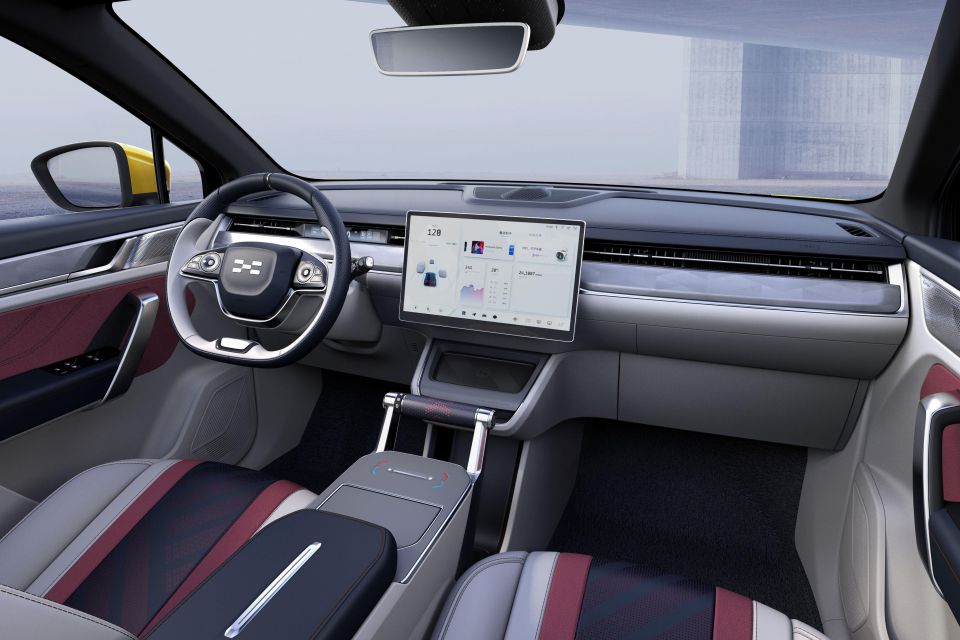
While many Chinese domestic manufacturers and startups have first attempted to increase sales in their home markets and perfect mass-production before launching internationally, Aiways has made European expansion a core part of its overall corporate strategy.
The company has rapidly expanded across the EU in 2021 and the start of 2022, with the U5 now available in more than 14 European countries, with the latest additions including Slovenia, Croatia and Iceland.
Despite this, the brand doesn’t currently sell models in right-hand-drive, and so an expansion to the UK and Australian markets especially may be more of a longer-term goal. The brand hasn’t spoken of imminent plans to sell the U5 here.
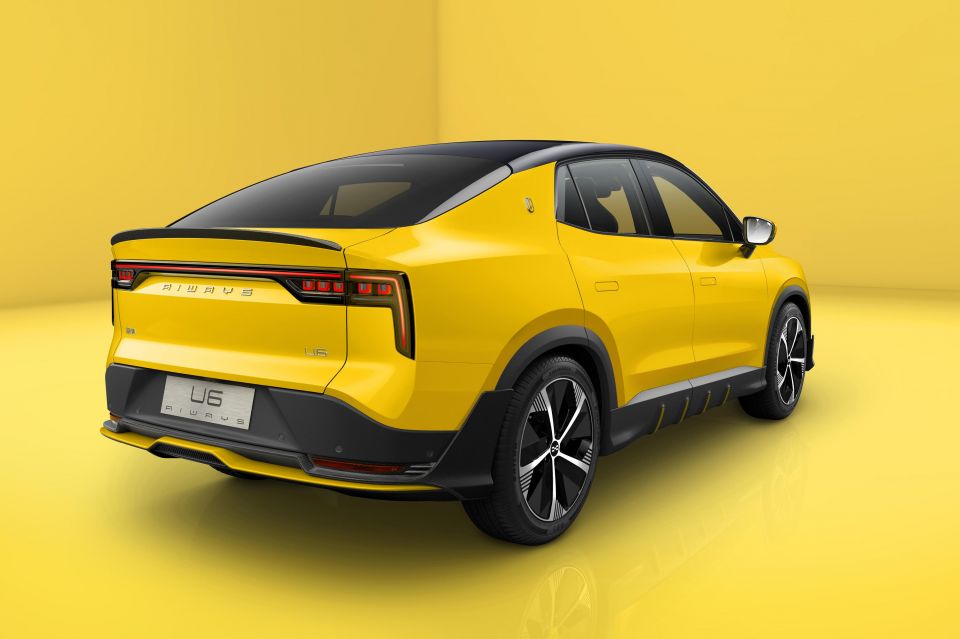
MORE: Brand overviews – BYD • Human Horizons • Li Auto • Nio • Ora • Xpeng


Shane O'Donoghue
6 Days Ago
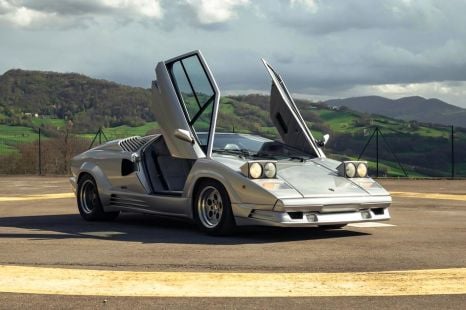

Anthony Crawford
5 Days Ago


Matt Campbell
4 Days Ago


James Wong
3 Days Ago


Max Davies
1 Day Ago
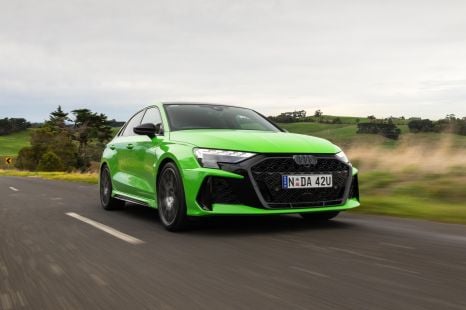

Josh Nevett
11 Hours Ago